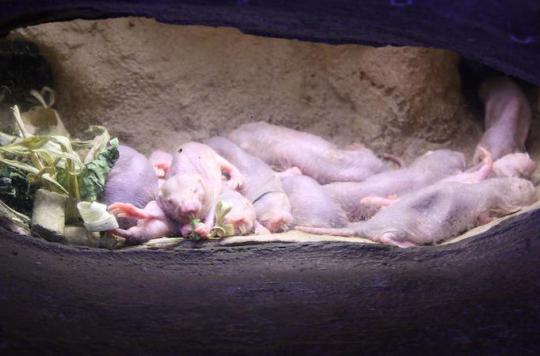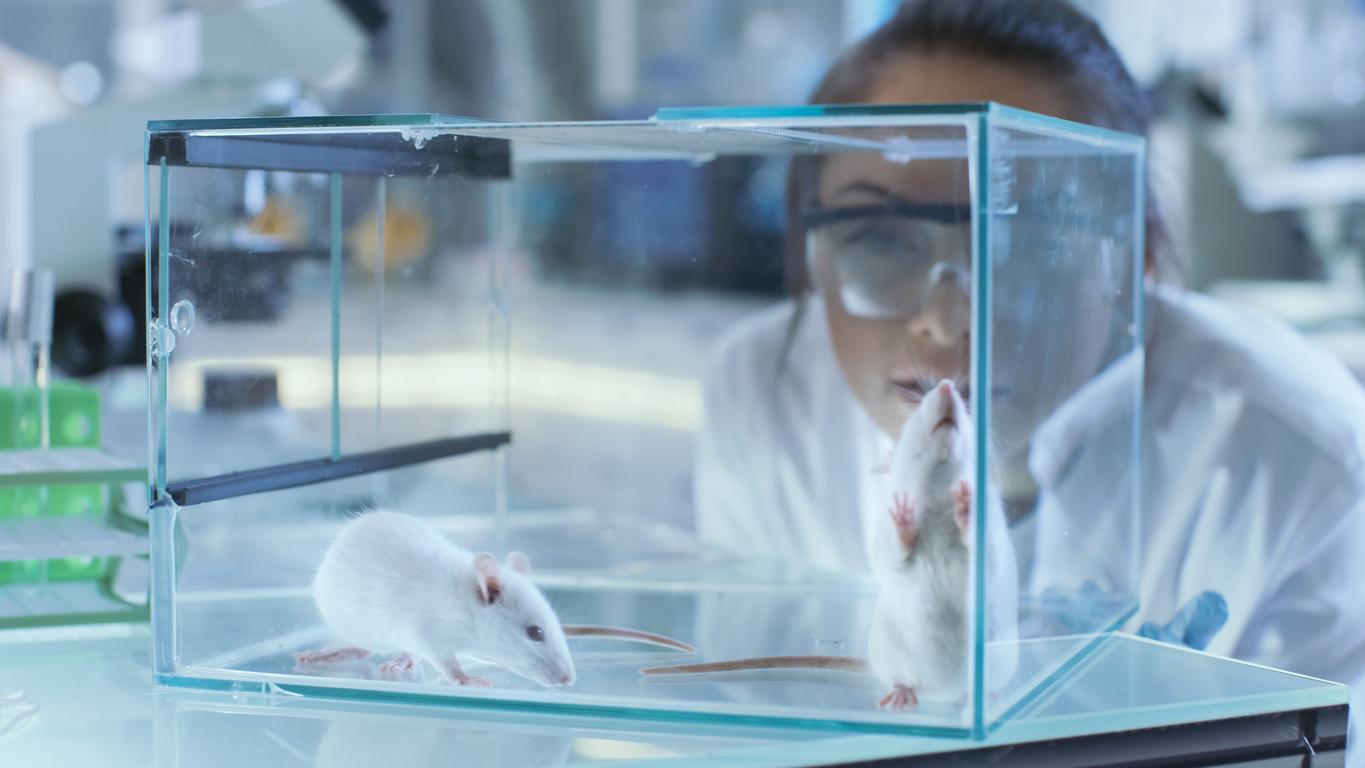The naked mole rat can live up to 30 years. This life expectancy is explained by the fact that the rodent slows down its aging. He does not develop cancer.

He doesn’t really make you dream, with his elongated teeth, his small eyes, his bare, wrinkled skin. And yet, the naked mole rat knows a lot about life. And above all, how to extend it. This African rodent can, in fact, live up to 30 years in captivity. Exceptional longevity compared to its cousins. Its secret is detailed in the review Physiological Reviews. Man could benefit from it, according to the authors of this literature review, from Moscow State University (Russia) and the Leibniz Institute (Germany).
Exceptional resistance
At a rate of 8 centimeters for 35 grams, the naked mole rat is, so to speak, a featherweight among rodents. A small size that does not prevent it from lasting, since it lives up to ten times longer than a standard mouse. All without developing pathologies such as cancer, without wrinkles or sterility.
On closer inspection, the animal is incredibly strong. Even with age, the mortality of the species is relatively stable. It must be said that he has several strengths in his game. His brain, for example, is particularly resistant to a drop in oxygenation. Credit goes to a receptor (GluN2D) which is usually scarce in adult rodents, but which persists in this animal. The result is greater brain plasticity.
Naked mole rats are also able to resist pain and maintain the integrity of their neurons. In short, animals manage to slow down their development process, which prolongs their youth and slows down their aging.
A slow method
The authors of this review do not hesitate to draw a parallel between the naked mole rat and the human being. In fact, the life expectancy of mankind has been prolonged regularly for several millennia. Much like rodents, our species has sacrificed its hair, large size and skeletal structure in order to increase its longevity.
But the time has passed for the slow process of natural selection. “We human beings no longer have recourse to natural evolution, which is a very slow method, underlines Vladimir Skulachev, co-author of the study. We use technical and scientific progress to achieve our ends. “
The avenues are therefore multiplying to live ever longer, but above all in good health. According to the German-Russian team, the use of antioxidants with a mitochondrial target could lead to promising results. It targets the “battery” of cells, which differs in naked mole rats.

.














